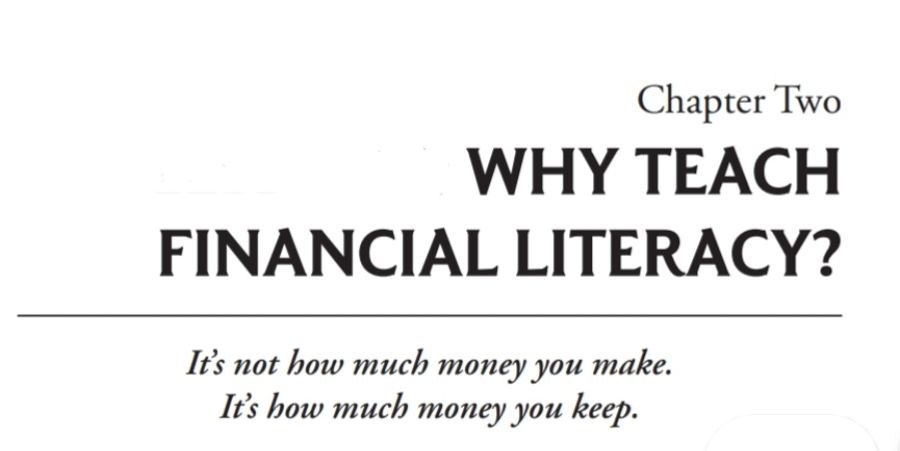

Most people fail to realize that in life, it’s not how much money
you make. It’s how much money you keep. We’ve all heard stories
of lottery winners who are poor, then suddenly rich, and then poor
again. They win millions, yet are soon back where they started. Or
stories of professional athletes, who at the age of 24 are earning
millions, but are sleeping under a bridge 10 years later.
I remember a story of a young basketball player who a year ago
had millions. Today, at just 29, he claims his friends, attorney, and
accountant took his money, and he was forced to work at a car
wash for minimum wage. He was fired from the car wash because
he refused to take off his championship ring as he was wiping off
the cars. His story made national news and he is appealing his
termination, claiming hardship and discrimination. He claims that
the ring is all he has left and if it was stripped away, he’ll crumble.
I know so many people who became instant millionaires. And
while I am glad some people have become richer and richer, I caution
them that in the long run, it’s not how much money you make. It’s
how much you keep, and how many generations you keep it.
So when people ask, “Where do I get started?” or “Tell me how to
get rich quick,” they often are greatly disappointed with my answer.
I simply say to them what my rich dad said to me when I was a little
kid. “If you want to be rich, you need to be financially literate.”
We focus on the word “literacy” and not “financial literacy.”
What defines something to be an asset or a liability are not words.
In fact, if you really want to be confused, look up the words “asset”
An asset puts money
in my pocket.
A liability takes money
out of my pocket.
and “liability” in the dictionary. I know
the definition may sound good to a
trained accountant, but for the average
person, it makes no sense. But we adults
are often too proud to admit that
something does not make sense.
To us young boys, rich dad said, “What defines an asset are not
words, but numbers. And if you can’t read the numbers, you can’t tell
an asset from a hole in the ground.” “In accounting,” rich dad would
say, “it’s not the numbers, but what the numbers are telling you. It’s just
like words. It’s not the words, but the story the words are telling you.”
“If you want to be rich, you’ve got to read and understand
numbers.” If I heard that once, I heard it a thousand times from my
rich dad. And I also heard, “The rich acquire assets, and the poor and
middle class acquire liabilities.”


